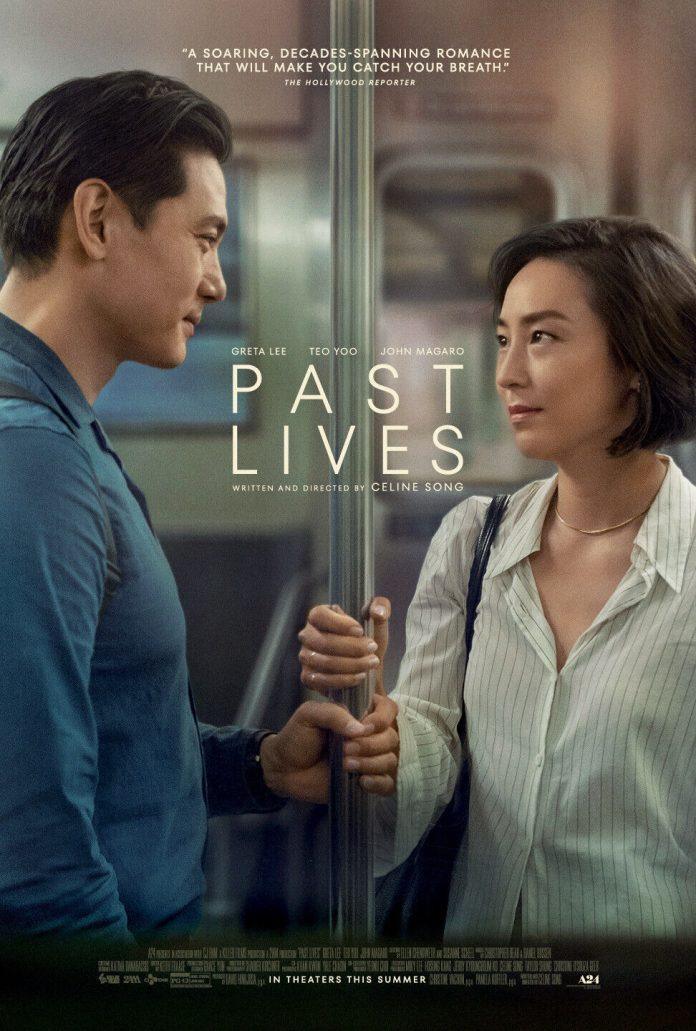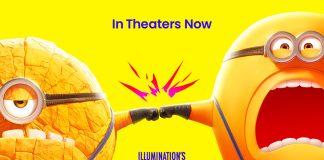Past Lives is a captivating film about how the connections we make in life ebb and flow with time. It is a unique and thought-provoking perspective on love and friendship you will never forget.
Although we may not admit it, we are all obsessed with regret. We rack our brains over the mistakes and perceived mistakes in our life, and can’t help but think about how things could have turned out differently. Even those who live with no regrets make undo effort to shift the feelings of culpability they may have, and focus that energy elsewhere. Past Lives is a film that beautifully and profoundly taps into this universal emotion. It is about how we can’t help but worry about whether we are in fact making the most of the life we were given.
Past Lives
Directed By: Celine Song
Written By: Celine Song
Starring: Greta Lee, Teo Yoo, John MagaroRelease Date: June 2, 2023
Past Lives takes its name from the Korean concept of In-Yun. This is the idea that we have all lived past lives, and those of us that do connect in any way are drawn together by the relationships we had before we were reincarnated. Lovers in one life may be friends in the next, or vice versa. It tries to add meaning to the seemingly random encounters with other people, and how those encounters can have major impacts on our lives.
Past Lives explores this topic by focusing on the encounters of its main two characters over time. The most obvious comparison I can make to Past Lives is the beloved romantic comedy When Harry Met Sally, but only to describe the approach and not exactly the romance involved. Like When Harry Met Sally, Past Lives revolves around two people who are inexplicably drawn together, and yet their lives are not aligned. Instead of a romance growing over time, it stops and starts at various points in their lives as these people grow older but not necessarily closer.
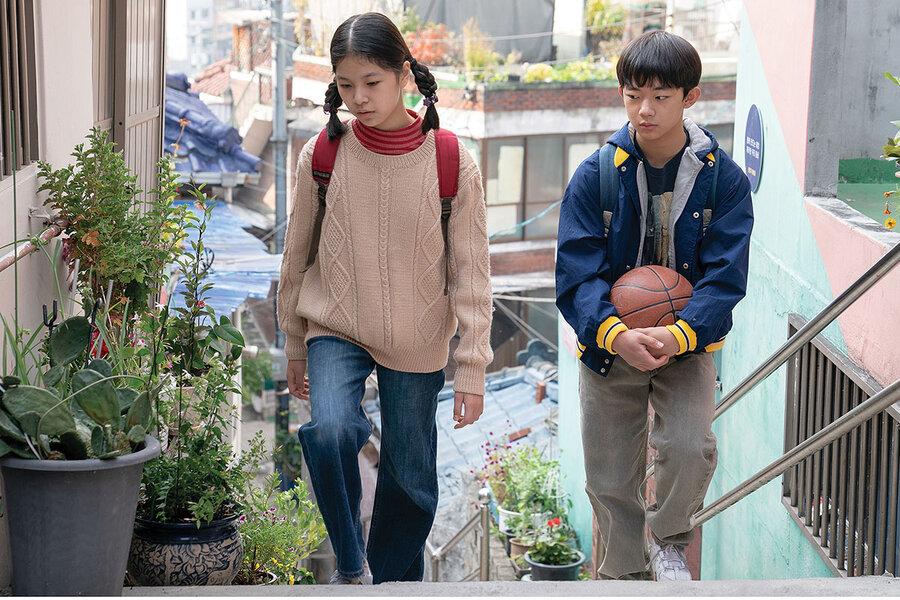
The story begins with Na Young and Hae Sung at 12 years old in Korea. They are classmates, close friends, and attracted to each other. However, Na Young’s family is moving to the US. Their parents arrange for them to go on a date before they leave, but in their youth and limited time together, this is the closest they will ever get. Despite this, Hae Sung can’t stop thinking about Young. He searches for her on the internet. Eventually they connect, and Na is now Nora, taking on an American name. Hae Sung is still in Korea, and they video chat and renew their friendship.
At first their conversion is timid. Their understanding of each other ended more than a decade ago. Both have grown and matured, and yet they try to hang on to the relationship they used to have. Both of them get caught up in reminiscing about their childhood, it brings comfort and a familiarity they no longer have. But living the last ten years in America has changed Nora. She now has a different perspective than Hae Sung because of their experience. She has changed more than he has, and eventually she recognizes this and puts a stop to it.
Nora comes to recognize that she can’t waste her life thinking about the past. She believes that if she wants to make the most of her life, she has to actually live the life she has, and not become consumed about the one she left behind. In many ways, Hae Sung is the opposite. He does not see as much potential in his life in Korea. He lives with his parents. He has friends who commemorate their collective misery, but Nora is hope for him, and that is why he doesn’t want to let her go.
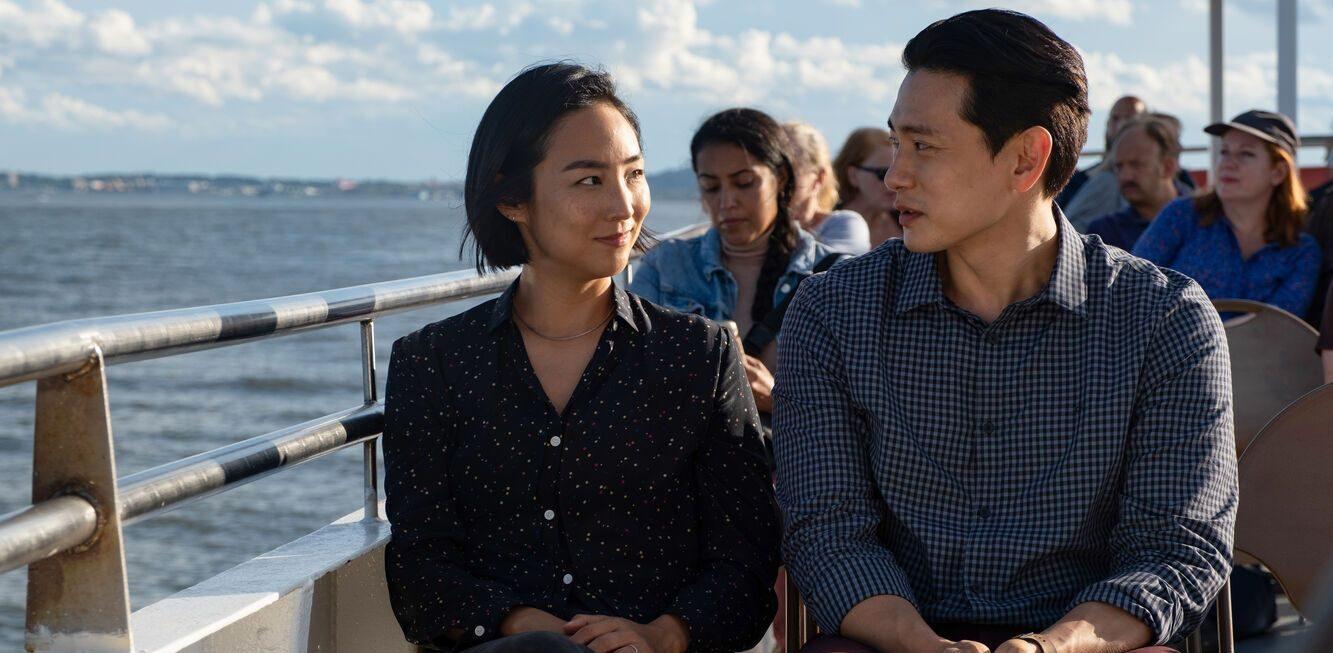
Twelve years later, they connect again. Hae Sung has broken up with his girlfriend, and has decided to come to New York to see Nora. But now Nora is married. She has a successful career, and is part of a loving and supportive relationship. Hae Sung is not much different from the boy she said goodbye to when her family left Korea. Meeting him in person, the change she has had in her life feels much more apparent. She invests herself in the present, and as a result doesn’t have the time or need to look back like Hae Sung does.
In a way, the film turns the audience into time travelers. We are immune to the passage of time, unlike Nora and Hae Sung. However, the film does an excellent job of showing us the impact of this passage. We see the changes in Nora over time as she finds out who she is and pursues her professional goals. We see Hae Sung waiting. It is almost as if he is waiting for something to happen to him rather than taking part in his own life. He is obsessed with the past, even if he can’t really admit it.
The passage of time is also illustrated in the film’s excellent script. When Nora and Hae Sung first meet after their initial 12 year hiatus, their dialogue is short and chatty. The awkwardness conveys the uncertain situation they find themselves in. When they meet in person 12 years later, the conversations are even more difficult. However, Nora is able to be more direct with him than he is with her. This reflects her growth as a person. It also reflects her change of opinion towards him. She feels sorry for him because he is lonely, but can’t feel bad because she didn’t do anything wrong.
That is really the tone of the film which sets it apart and makes it a very unique viewing experience. It makes us feel things which logically we can’t really explain. The audience feels sorry for Hae Sung just like Nora does, but nothing specifically bad has happened to him. He clings to a thin sliver of hope, which most of us admit is sweet as it represents the memory of this person who meant a lot to him. However, his obsession over it, especially in the way Nora does not reciprocate, is unnerving. But can we really blame him? We all have moments in our life that we look back fondly upon and wish we could live again. If there was even the remotest possibility of us living in that moment again, what would we do to capitalize on it?
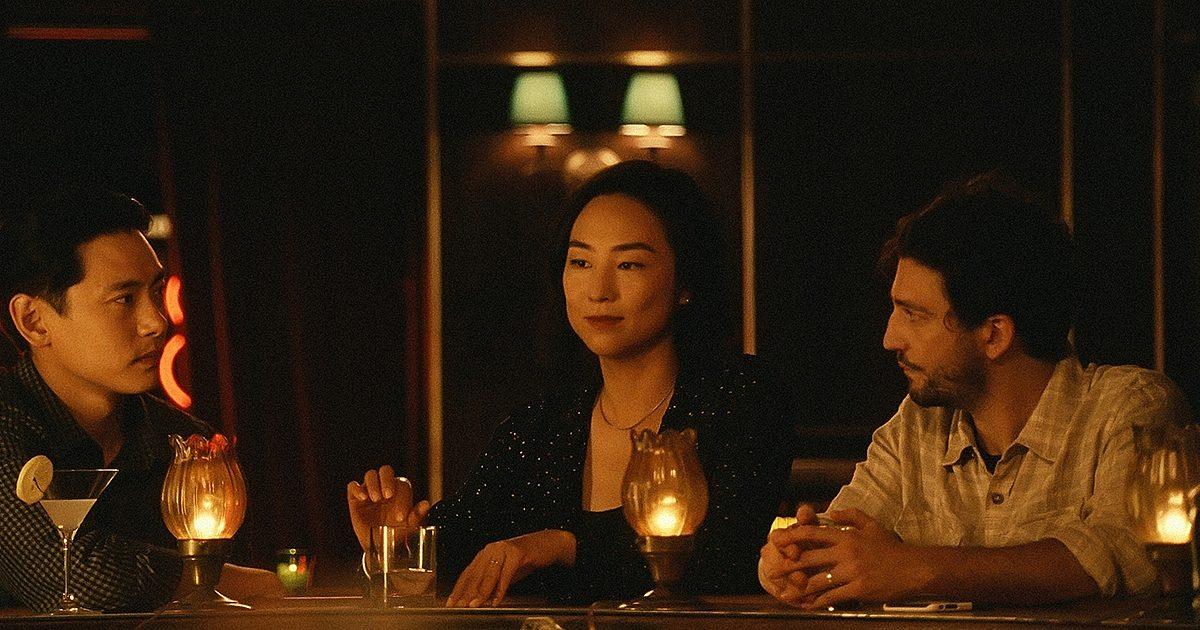
I especially loved how writer/director Celine Song echoes the audience’s questions through Nora’s husband. When Hae Sung arrives in New York to see Nora, he becomes the third wheel. He is at times intrigued but mostly concerned by Hae Sung’s presence. There is the threat to his marriage from this man who kind of obsesses over his wife. He asks her questions about him and her intentions towards him. She answers truthfully, to try and put him at ease, but they are all stepping into unknown territory. Worse still is the fact that Hae Song does not speak English well, and so there is a large language barrier between them.
Song’s direction is crisp and direct. The main characters are the center of attention, and rightly so. We catch their fascination with each other, the way they stare into each other’s eyes as if they are witnessing a dream come alive. Really that is an apt summation of the film’s tone. Hae Sung was only across the globe from Nora, and yet he feels like someone who has been resurrected from the dead. Song depicts her characters as complicated pieces of a puzzle, where the final picture changes over time. Where they once had fit together so perfectly, that method of connection is long gone, only the memory of it remains.

